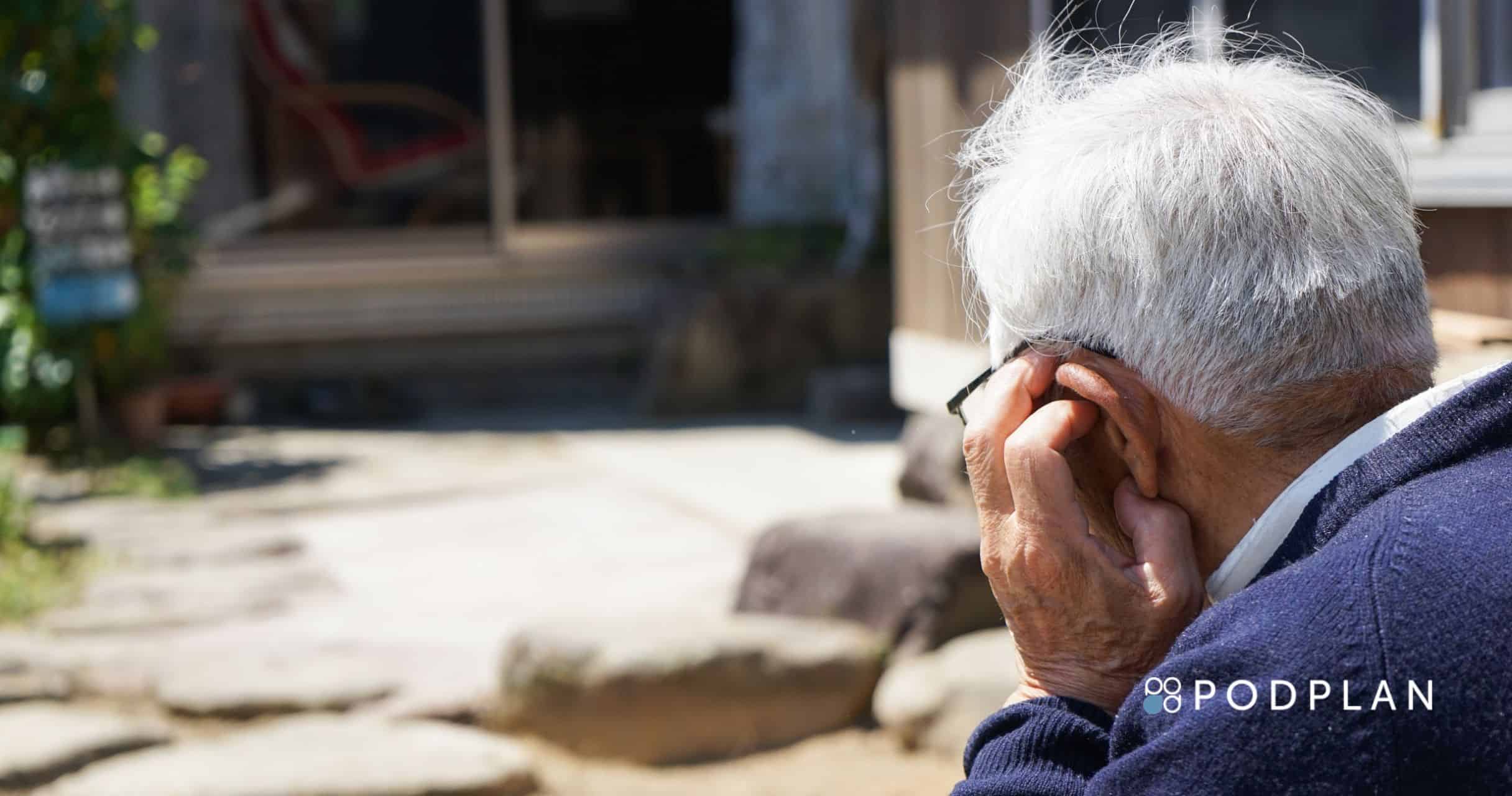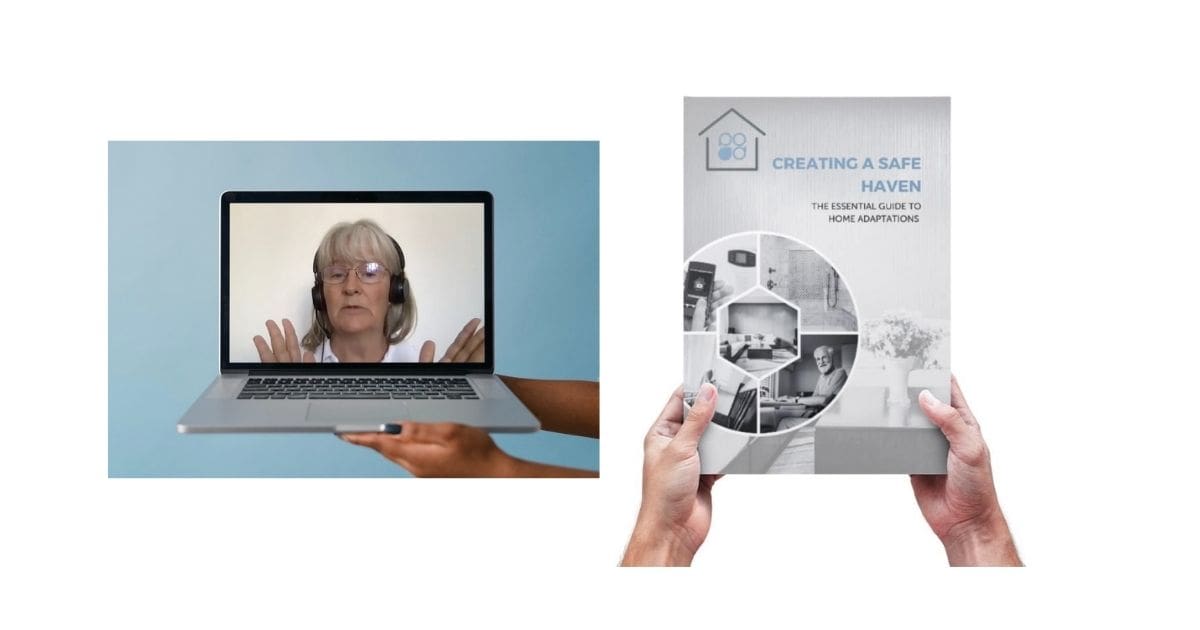
For most of your clients, their home is more than just bricks and mortar; it is a symbol of their identity, stability, and control. Yet, as we age, the very place that offers comfort can become a source of danger and stress if planning is left too late. And a client’s housing situation is not just a personal matter; it is also a critical financial one.
Health, mobility, and care needs can trigger a need for sudden changes in living arrangements. Without proactive planning, families are often forced to make urgent decisions during a time of emotional strain. As someone they trust, you are in a unique position to raise the subject early, allowing time for thoughtful exploration instead of reactive panic.
Why the Housing Conversation Cannot Wait
Many clients do not realise the practical challenges their home may present as they age, such as managing steep stairs or living in an isolated location. Others may feel overwhelmed by their options or worry that considering a move means losing their independence. Your role is to help make these conversations easier and more informed.
By raising the subject early, you can help clients explore three potential paths, on their own terms, not in a crisis:
- Adapting the current home for future comfort and safety.
- Downsizing to a more manageable property.
- Exploring supported living, retirement communities, or other care settings.

How You Can Add Value
You don't need to be a housing expert, but knowing where to point clients will set your practice apart. With a tool like Podplan, you can give your clients a head start by providing access to resources like:
- Home adaptation video guides that stimulate action.
- Connections to qualified occupational therapists for home assessments.
- Directories for retirement living properties and care homes.

By introducing housing choices as part of your broader financial planning conversations, you help clients stay in control of their lives, not just their money. When your advice helps safeguard both your client’s independence and their dignity, it becomes indispensable.


